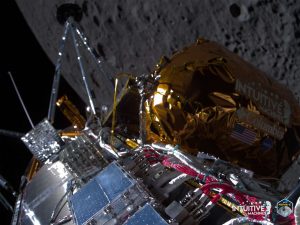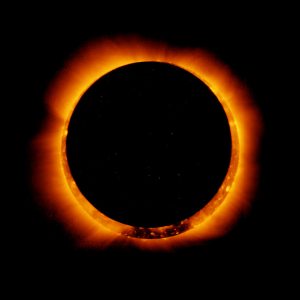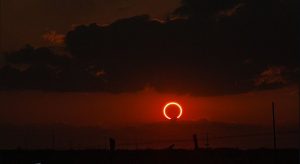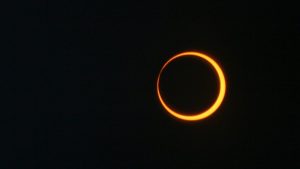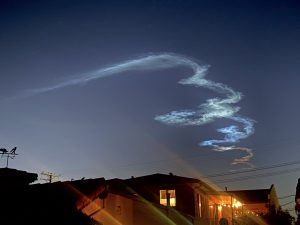Two cosmonauts and a NASA astronaut blasted off on a high-speed journey to the International Space Station Wednesday, in the first such launch aboard a Russian capsule since SpaceX’s game-changing debut manned flight from US soil.
Sergey Ryzhikov and Sergey Kud-Sverchkov of Roscosmos and NASA’s Kathleen Rubins launched from the Russian-operated Baikonur cosmodrome in Kazakhstan at 0545 GMT on Wednesday.
Also Read | Russia shuns US lunar program, as space cooperation under threat
A NASA TV commentator said everything was normal, citing communications between Russian mission control and the crew, while Roscosmos said the capsule had successfully gone into orbit.
Their journey will be the first manned flight to the ISS to last just over three hours before docking — a new fast-track profile that takes half the time of standard trips to the orbital lab. Only an unmanned Progress cargo space ship has previously used this profile, which requires just two orbits before docking.
The launch is sandwiched between two SpaceX launches — the first manned spaceflights to the ISS under NASA’s aegis since 2011. Before May 30, when US astronauts Robert Behnken and Doug Hurley arrived at the ISS, Russia and Baikonur had enjoyed a lucrative monopoly on manned missions to the ISS.
Also Read | Mars comes closest to Earth, to appear redder and brighter on October 13
The NASA duo returned safely on August 2 and a fresh SpaceX launch, this time anticipating a full-length half-year mission at the space station, is expected next month. The emergence of private players SpaceX and Boeing — part of NASA’s Commercial Crew Program — has fuelled talk of a new “space race” between a number of countries.
But the men and women that fly to the space station have played down talk of competition and focused instead on space travel’s ability to bring rival nations together for a common cause. Speaking at a pre-launch press conference on Tuesday, Rubins did not directly reference the SpaceX flight when asked how she felt to be on board during a new era in spaceflight.
Also Read | Sunspots helping NASA scientists understand life around other stars
“We don’t get to choose our launch date or what occurs on station but certainly I feel incredibly lucky to be on station when…these events are happening,” said the American astronaut, who was celebrating her 42nd birthday on Wednesday. The ISS, which has been permanently occupied since 2000 has been a rare example of cooperation between Moscow and Washington, but the project may be entering its final decade.

